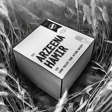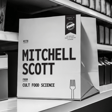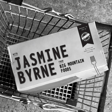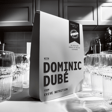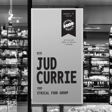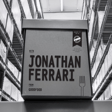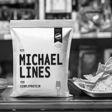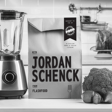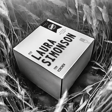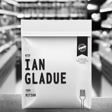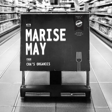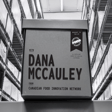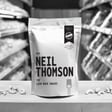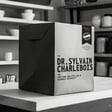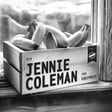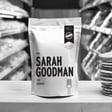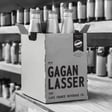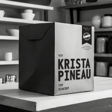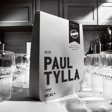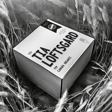
Ian Walker | Hippie Snacks
Let’s continue our walk down the organic wild side. In this episode of Aisle 42 we talk with Ian Walker, affectionately known as the "organic godfather of Western Canada."
Ian is the visionary co-founder of Hippie Snacks and Left Coast Naturals, two brands that are known for quality, transparency, and sustainability in the food industry.
From his humble beginnings selling peanut butter at a local market to leading a movement toward clean, simple ingredient snacks, Ian shares his incredible journey and the inspirations that have fuelled his nearly 30-year career in organics.
To learn more go to: https://www.hippiesnacks.com/
To learn about who is behind this podcast go to: https://www.ethicalfoodgroup.com/podcast
Here’s a summary of this interview:
Introduction and Legend: Ian Walker is introduced as the "organic godfather of Western Canada," setting a high expectation for his expertise and influence in the organic food industry.
Perfect Grocery Store Vision: Walker imagines a future grocery store centered on transparency, where consumers can easily see the origins and contents of their food, and consistent regulations ensure clarity on health and environmental claims.
Transparency and Supply Chain: Both Walker and Hiebert agree on the importance of supply chain transparency, which would help consumers make more informed and confident choices about their food.
Hippie Snacks Popularity: A personal anecdote highlights the popularity of Hippie Snacks, specifically the banana bread crisps, showing the positive reception and enjoyment from consumers.
Journey to Organic Business: Walker shares his journey into the organic food industry, starting from a partnership with a friend and evolving through a passion for sustainability and nutrition.
Bulk Ingredients and Future of Bulk Buying: Discussion on the importance of bulk buying in grocery stores, emphasizing its alignment with consumer demands for transparency, less packaging, and reduced food waste.
Challenges of Organic Understanding: Walker notes the widespread misunderstanding of organic certification and the need for better storytelling to convey its comprehensive benefits beyond being pesticide-free.
Advocacy and Consumer Education: Walker emphasizes the need for concise storytelling about the benefits of organic foods and the efforts to educate consumers and store staff to improve understanding and support.
Hippie Snacks Products: An overview of the products made by Hippie Snacks, including crisps made from avocado, cauliflower, almonds, and bananas, as well as granolas and clusters. Walker’s current favourite is the apple cinnamon high-fiber granola.
Commitment to Quality and Flavour: Walker's commitment to not compromising on taste, even taking an extra year to perfect a vegan cheese almond crisp, highlights the brand's dedication to delivering delicious and high-quality products.
